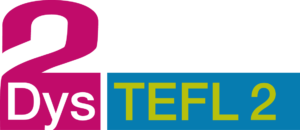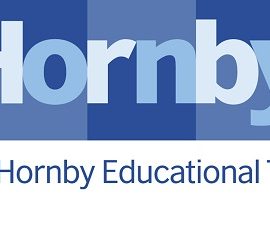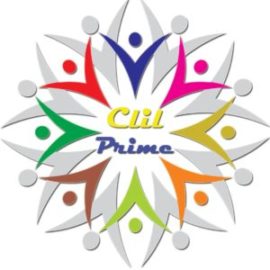
The aim of the DysTEFL2 project is to improve the scheme of initial training and continuing professional development of teachers of English as a foreign language so that teachers can gain the necessary knowledge, strategies, competences and skills to adapt their teaching to special educational needs of students with dyslexia. We believe this translates into enhanced quality of classroom teaching and learning processes because teachers are the most important determinants of how learners will perform and what teachers know, do, and care about constitute the key to improving the performance of learners. Hence, foreign language teachers who are aware of the specific problems encountered by students with dyslexia in foreign language study as well as the ways they learn best are better able to understand why traditional approaches in foreign language teaching are not effective enough for these students and how to provide them with high quality teaching. Thus, the project follows the European educational priorities of supporting the EFL teaching profession for better learning outcomes, improving EFL teacher professional profile promoted by the teacher training institutions, reinforcing support and inclusion education for students with special educational needs, improving the attainment of key competences such as foreign language command and reducing early school leaving.
In order to disseminate this good practice, EFL pre- and in-service teacher training courses (both face-to-face and e-learning courses) were organized in Poland (Lodz and Opole), Greece (Thessaloniki) and Slovenia (Ljubljana). The project timeframe was 01.09.2014 – 31.08.2016 and currently the DysTEFL2 teacher training material is uploaded on the DysTEFL platform.
The DysTEFL teacher development course is innovative and practical in its content, structure and format. It addresses a gap in the field of English language teacher training where the needs of dyslexic students are frequently neglected. It provides both a solid theoretical foundation about the nature of dyslexia and practical suggestions for classroom teaching, task and curriculum design, and assessment. The course is unique in its focus on dyslexic language learners, in its approach to teacher training and in providing freely downloadable booklets and a complete set of self-study materials. An important innovative feature of the course is that it takes a task-based approach to teacher development and employs tasks to enhance learning and reflection. New ideas and relevant background information are presented using all the innovative means made available by modern technology (e.g. You-tube videos, webpages, weblinks, podcasts and screencasts). DysTEFL2 focused on developing a battery of quizzes, tests and exams (with regards to each course unit and each mode of the course – face-to-face, on-line self-study and distance learning), and constitutes an integral part of the procedures for confirming learning outcomes.
DysTEFL – Dyslexia for Teachers of English as a Foreign Language project has been selected as a “success story” by a panel of experts from the Directorate-General for Education and Culture of the European Commission.
The excellence of DysTEFL’s course has also been confirmed by the British Council’s ELTon award for “Excellence in Course Innovation”. The ELTons are the only international awards that recognise and celebrate innovation in English language teaching (ELT). They reward educational resources that help English language learners and teachers to achieve their goal.





